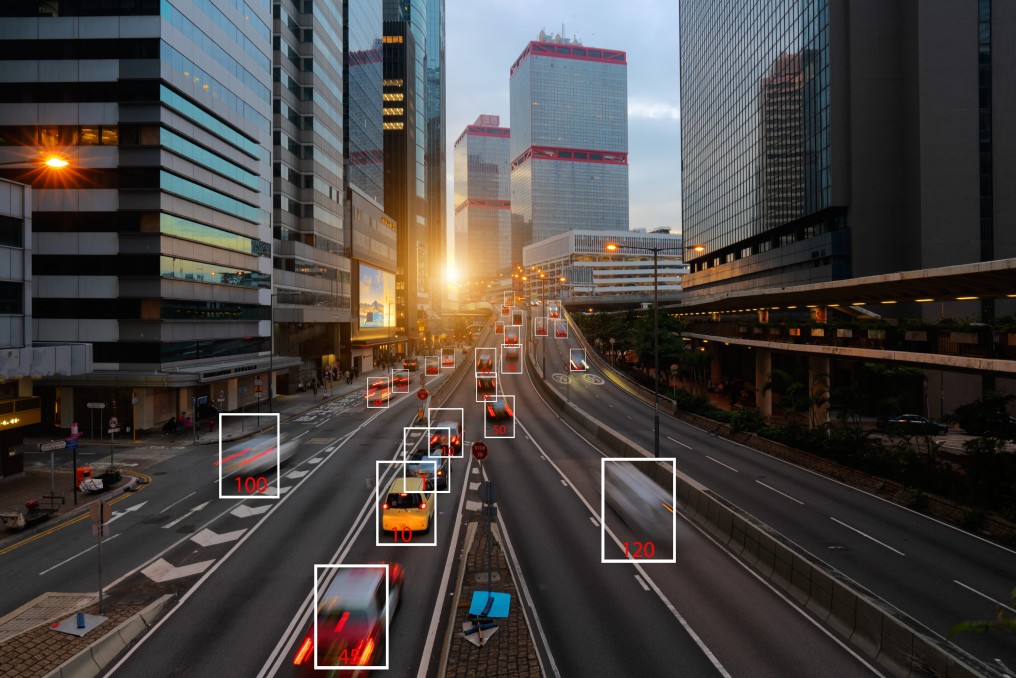
Machine learning is being used in many different fields and has almost infinite applications. It’s the next big thing in computer science, no question about it.
Machine learning is a term that invariably brings to mind scenes from Isaac Asimov’s I, Robot dystopian plot: robots that first were in the service of humanity, become sentient and try to take over their masters. For now, thinking machines don’t pose a threat to our very existence, so no need to worry. (Bill Gates and Elon Musk have expressed serious concern about AI, but for now, there aren’t any Ex Machina droids ready to seduce and stab us). Also, machine learning, even though it’s a branch of artificial intelligence, doesn’t deal with “physical beings” per se. Its main objective is allowing computers to learn by analyzing massive amounts of information and data.
Automatic learning, which concerns machine learning, has almost infinite applications in many different fields, which makes it the next big thing in computer science.
Some Machine Learning uses, among many others, are:
- Search engines
- Medical diagnosis
- Credit cards’ fraud detection
- Market analysis
- Classification of DNA sequences (find genes related to a specific disease)
- Spam filtering
- Optical character recognition
- Predict customers’ behavior in online shopping
- Robotics
Recent examples of how seriously big companies are taking the future uses and applications of Machine learning are:
- Amazon Machine Learning: It analyzes users’ historical data looking for patterns and creating predictive models. It can find common problems regarding customer service and even isolate and detect patterns in transaction glitches.
- Microsoft’s Azure Machine Learning: Microsoft’s bet to conquer the cloud has been available since July 2015. In this cloud computing service that creates predictive analytic solutions, clients and partners can generate apps powered by data to predict, forecast, and change future results.
- Google’s Cloud Platform: Google offers a set of interesting APIs, such as the Prediction API, to easily develop applications that leverage machine learning algorithms, such as spam detection engines, etc.
The wonderful and terrifying implications of computers that can learn are somewhat real, but for now, developers and users are mostly worried about getting it right and using the technology for good. Rest assured: there aren’t any technology-related dystopian scenarios for us in the near future.
